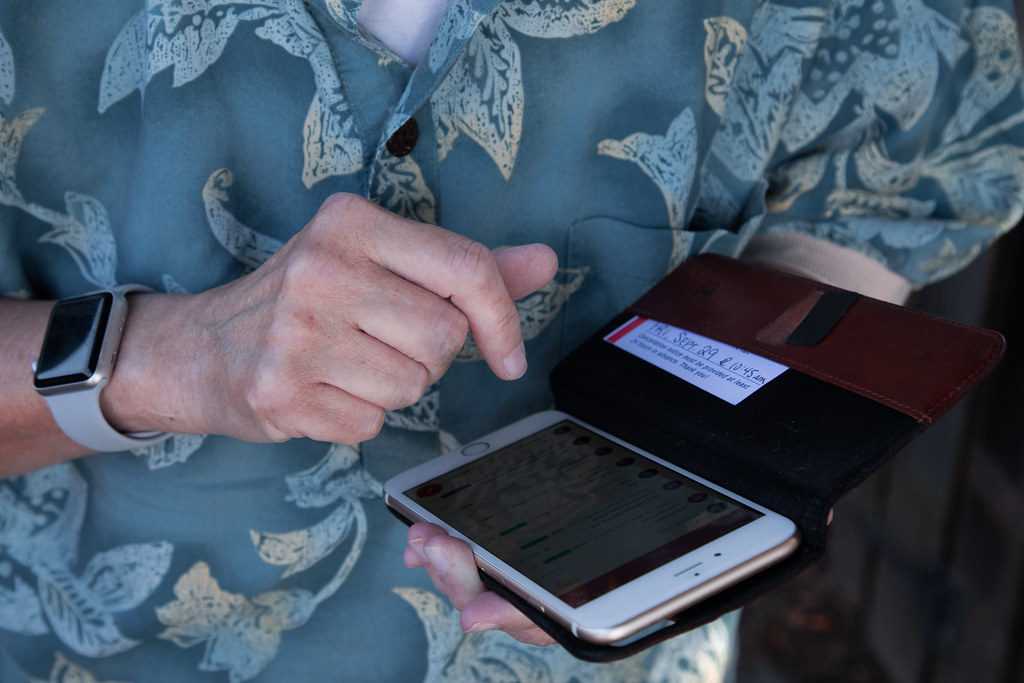The debate about whether calling and texting on the phone is better has been ongoing for many years. Some would say the preference to texting is generational. It seems the people who grew up without a cell phone, tend to prefer calling, while the younger generation prefers texting. Calling and texting both have their pros and cons, but it mostly depends on the situation and personal preference. I will outline both advantages in the following paragraphs.
The biggest benefit to calling is that it’s more personal and emotional, as you can hear tone and intonation. Sarcasm, for instance, is easier to pick up on when you’re calling. It’s also much more efficient when discussing complex issues with fewer misunderstandings. If you are catching up with friends and family members, I would always recommend a phone call.
Texting, on the other hand, can be less invasive, as it allows the other person to respond at their convenience. Texting also provides a written record of the conversation, which can be useful in the future–such as when you’re purchasing something or when you want to backtrack through a difficult conversation. If you are arguing with your friend, you can go back and clarify your tone and intent. Otherwise, there could be a misunderstanding. Texting is much quicker and with all the abbreviations can speed up an already quick conversation. People can use “r u up?”, instead of Are you up?
In general, the choice between the two depends on the context of the communication. If the message is urgent, complex, personal, or involves negotiation, calling is the best option. If the message is casual, simple, or requires a written record, texting is the better option. It is also best practice to respect the other person’s preference in communication style and find a balance that works for both parties.











